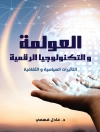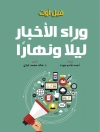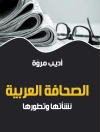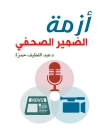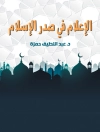Based on an extensive ethnographic study of television and audiences in class-divided Philippines, this is the first book to take a bottom-up approach in considering how people respond to images and narratives of suffering and poverty on television. Arguing for an anthropological ethics of media, this book challenges existing work in media studies and sociology that focuses solely on textual analysis and philosophical approaches to the question of representing vulnerable others. Current questions in media ethics, such as whether to portray sufferers as humane and empowered individuals or show them ‘at their worst’ have so far used textual and visual analyses to convey the researcher’s own moral position on the matter. In contrast, this book, inspired by the anthropology of moralities, accounts for the different interpretations and moral positions of audiences, who are positioned in various degrees of social and moral proximity to those they see and hear on television. Winner of the 2016 Philippine Social Science Council Excellence in Research Award.
表中的内容
Acknowledgements; Introduction: The Poverty of Television; 1. The Moral Turn: From First Principles to Lay Moralities; 2. Theorizing Mediated Suffering: Ethics of Media Texts, Audiences and Ecologies; 3. Audience Ethics: Mediating Suffering in Everyday Life; 4. Entertainment: Playing with Pity; 5. News: Recognizing Calls to Action; Conclusions: Mediating Suffering, Dividing Class; Appendix; Notes; References; Index
关于作者
Jonathan Corpus Ong is a lecturer in the Department of Media and Communication at the University of Leicester.


